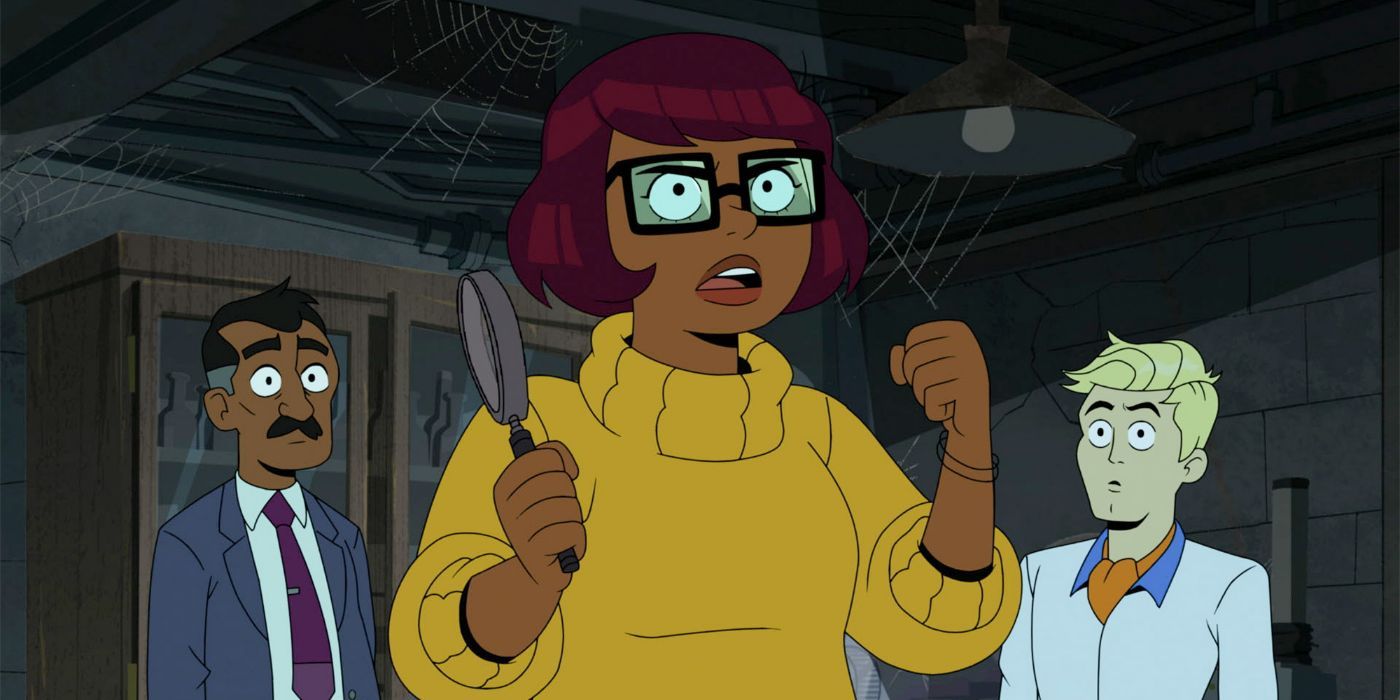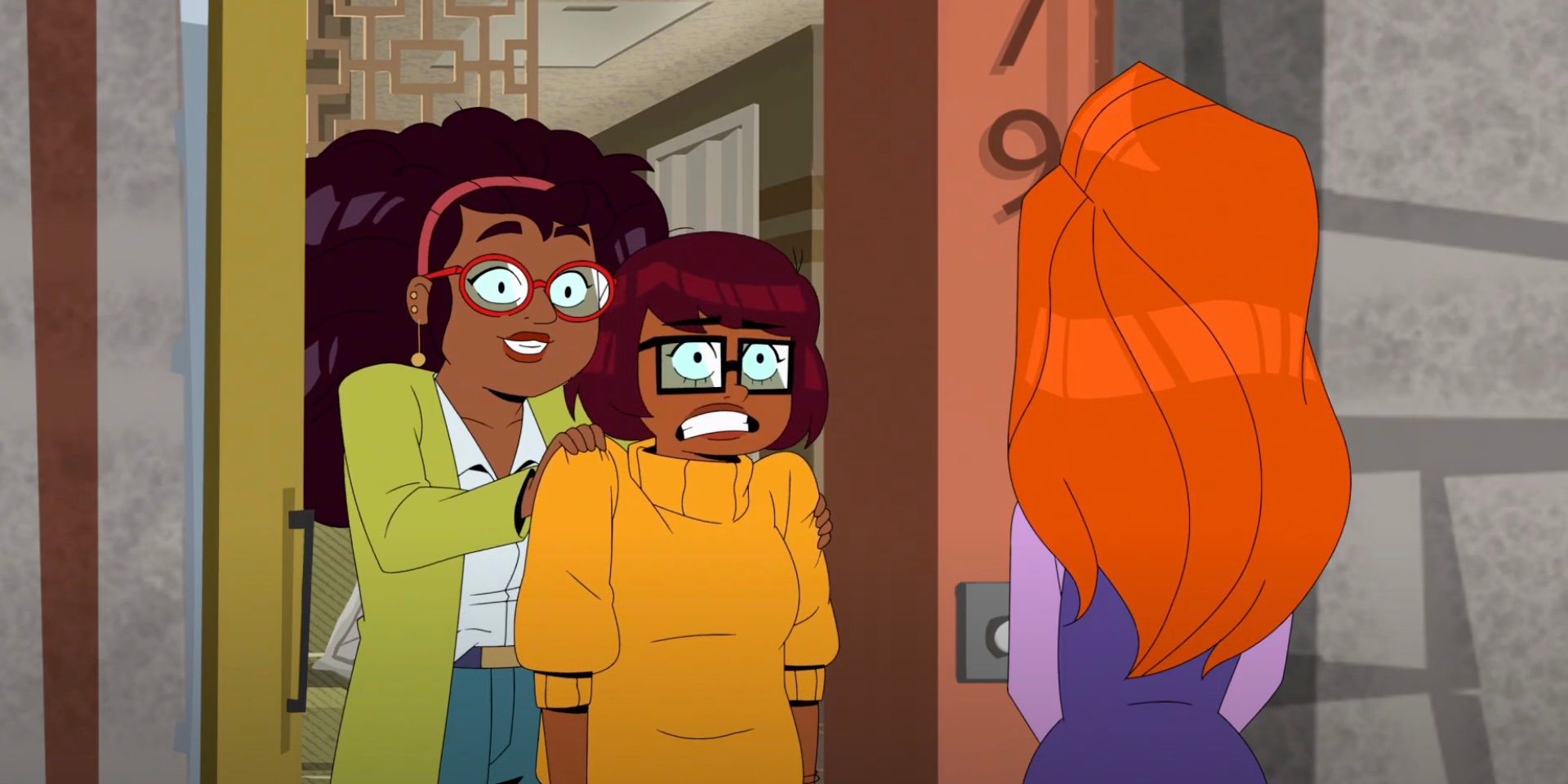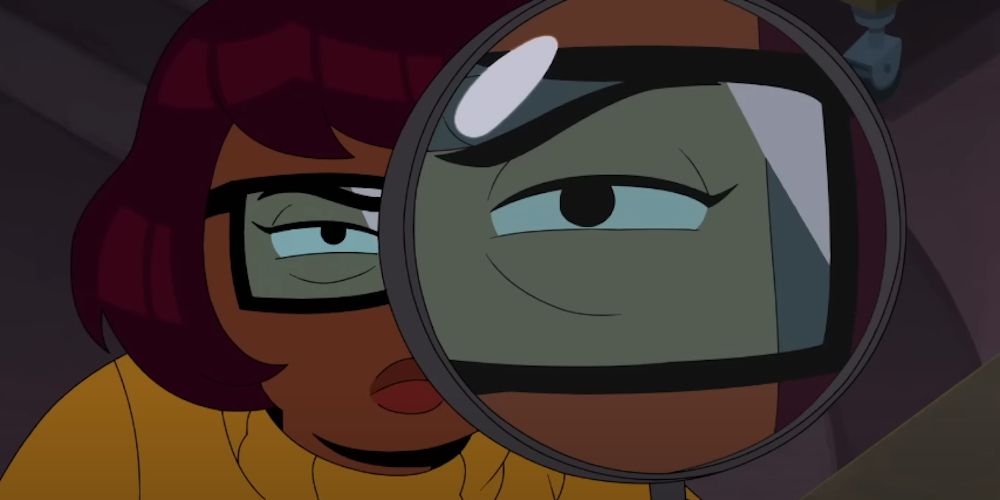The following contains spoilers for Velma Season 1, now streaming on HBO Max.
With Velma having wrapped up its first season on HBO Max, audiences can take a step back from the hype and backlash and give the show a fair evaluation. Unfortunately, the consensus seems to be that Velma is still not very good. That being said, the tail end of the season did iron out some of the show's worst creases, meaning that a potential Season 2 could actually help improve things. In fact, there is a lot of precedent for comedies getting better after a rough first outing.
Very popular comedies like Parks and Recreation struggled to find their identity in the early seasons. Parks and Rec spent a bit too much time trying to be The Office, and in turn, The Office couldn't decide if it wanted to recreate the original UK show or be its own thing at first. Bojack Horseman had a similarly lackluster start to Velma but was able to turn it around pretty quickly. Now that the show seems to be heading in the right direction, a second season could be just what Velma needs to become another sleeper hit.
Velma's Last Few Episodes Showed Some Potential
One of Velma's biggest problems in the first season was its lack of commitment to story threads. Conflicts were sometimes resolved as quickly as the next scene, leading viewers to feel like little of what happened from episode to episode would end up mattering. Character traits like Velma's hallucinations or Daphne's penchant for criminal behavior that seemed like they would be bigger parts of the show were also abandoned relatively quickly. In the case of the hallucinations, this made it feel as though they only existed to include strange visuals in the show's trailers. However, near the end of the first season, the show did start to turn things around a bit.
Plot threads from earlier in the season, like Norville's unopened voicemails and the cliffhanger about Daphne's mom, ended up coming back and having an impact on the overall story. The consequences of characters' actions also began to have a bigger impact across episodes, like Fred's infidelity with the brains leading to him losing his popular status. The show trending further toward more serialized storytelling as opposed to episodic stories helped create a better sense of cohesion and is also the better format for a show featuring an overarching mystery. Adding more plot to the show also cut down on the number of jokes that felt shoe-horned into scenes, allowing for more situational humor that felt less forced.
Velma's Second Season Won't Be Under As Much Scrutiny
Another advantage that a second season of Velma would have over the first would be less online uproar to contend with. There's no shortage of online reviews and videos calling it the worst show ever made. While this could have led some viewers to watch Velma out of morbid curiosity, others just ran with the narrative and didn't give the show a fair shake. With a second season, more viewers may decide to give the show a chance, especially if the intense criticism has died down.
One major source of criticism facing Velma is how little it justifies its connection to its source material, often feeling more like a generic high school comedy than a Scooby-Doo prequel. However, Velma's season finale does leave some hope that fans might be getting a better version of the show in Season 2. The end of Season 1 sees Fred with a half-painted version of the mystery machine and a goal of investigating supernatural occurrences. Velma on the other hand finishes the show with a call to action to become a detective. This coupled with the teasing of Scooby's potential inclusion in future seasons, Velma could very well win back some Scooby-Doo.



